CENTINAL GROUP : Tiamuline Hydrogen Fumarate 10% | 25Kg Bag
₹10,500.00 ₹8,000.00
| Brand | CENTINAL |
| Grade | Feed Grade |
| Form | Granules |
| Processing Type | Tiamuline Hydrogen Fumarate |
| Shelf Life | 2 Years |
| Usage/Application | Poultry Feed/Animal Feed |
| Features | Poultry Feed |
| Best Before | 2 years From Manufacturing Date |
| Packing Type | Waterproof HDPE Bag |
| Pack Size | 25 Kg |
| Minimum Order Quantity | 100 Kg |
100 in stock
Tiamulin is only used in veterinary medicine and is usually given to animals in their food or water. In pigs it is often used to treat a bacterial infection called swine dysentery, but it can also be used for the prevention or metaphylaxis of that infection. This means not for treating pigs which are already diseased, but to protect healthy animals when they are at risk of becoming infected.
Tiamuline Hydrogen Fumarate is a veterinary medicine that is widely used to treat bacterial infections in animals. It is an antibiotic that belongs to the class of pleuromutilin antibiotics, which are effective against a wide range of Gram-positive bacteria.
Tiamuline Hydrogen Fumarate is primarily used to treat respiratory tract infections, especially those caused by mycoplasma and other gram-positive bacteria in pigs, poultry, and other animals. It is also used to treat bacterial enteritis, arthritis, and other infections caused by gram-positive bacteria in animals.
Tiamuline Hydrogen Fumarate is a derivative of pleuromutilin, which is a compound that is naturally produced by certain fungi. The chemical structure of Tiamuline Hydrogen Fumarate is similar to that of tylosin, another antibiotic that is commonly used to treat bacterial infections in animals.
Tiamuline Hydrogen Fumarate works by inhibiting protein synthesis in bacteria, which prevents them from multiplying and causing infections. It binds to the bacterial ribosome, which is the site of protein synthesis in bacteria, and prevents the elongation of the protein chain. This ultimately leads to the death of the bacteria, as they are unable to produce the proteins they need to survive.
The antibiotic activity of Tiamuline Hydrogen Fumarate is primarily against gram-positive bacteria, including mycoplasma, staphylococcus, streptococcus, and clostridium. It is also effective against some gram-negative bacteria, but it is generally less active against these types of bacteria.
Tiamuline Hydrogen Fumarate is available in several different formulations, including injectable solutions, oral suspensions, and powders. The dosage and administration of Tiamuline Hydrogen Fumarate depend on the type and severity of the infection, as well as the animal’s age, weight, and overall health.
The most common side effects of Tiamuline Hydrogen Fumarate are gastrointestinal disturbances, such as diarrhea and vomiting. These side effects are usually mild and transient, and they typically resolve on their own without any specific treatment. In rare cases, Tiamuline Hydrogen Fumarate can cause more severe side effects, such as allergic reactions, anemia, and liver and kidney damage.
Tiamuline Hydrogen Fumarate should not be used in animals with a known hypersensitivity to pleuromutilin antibiotics, as this can lead to severe allergic reactions. It should also be used with caution in animals with liver or kidney disease, as well as pregnant or lactating animals.
In conclusion, Tiamuline Hydrogen Fumarate is a highly effective antibiotic that is widely used to treat bacterial infections in animals, particularly those caused by gram-positive bacteria. It is available in several different formulations and is generally well-tolerated, although it can cause gastrointestinal disturbances in some animals. Like all antibiotics, it should be used judiciously to minimize the risk of antibiotic resistance and other adverse effects.
| Weight | 25 kg |
|---|
Be the first to review “CENTINAL GROUP : Tiamuline Hydrogen Fumarate 10% | 25Kg Bag” Cancel reply
Related products
Amino Acid
Novark Vethealth
Centinal Group
Novark Vethealth
Novark Vethealth
Swiss Chemie
Centinal Group



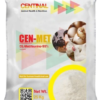
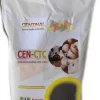
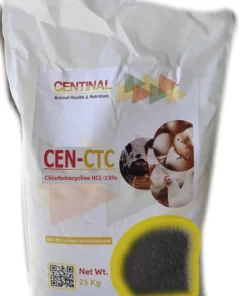
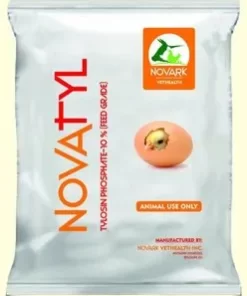
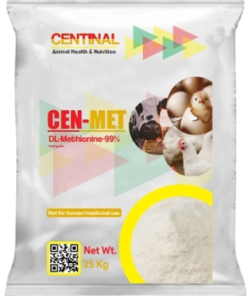
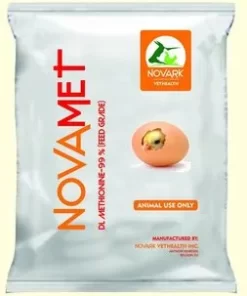
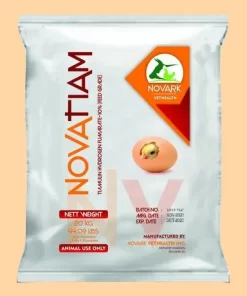
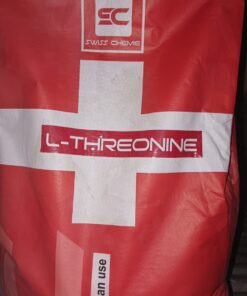
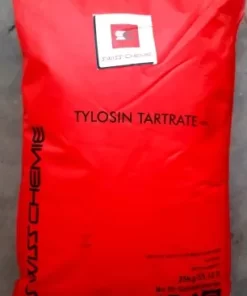

Reviews
There are no reviews yet.